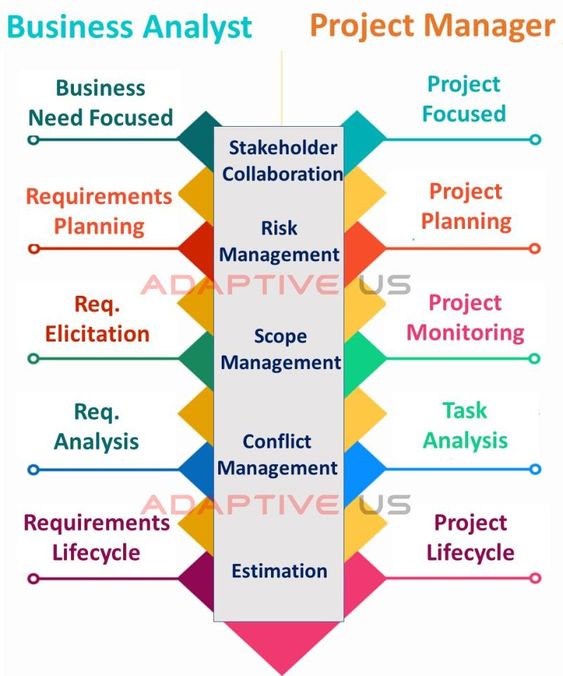Defining the Scope of a Project
Project managers are responsible for defining the scope of a project. This includes determining the project’s goals and objectives, as well as the tasks and activities that must be completed to achieve them. The project manager must also identify the resources required to complete the project, such as personnel, materials, and equipment.
Developing a Plan
Once the scope of the project has been defined, the project manager must develop a plan for its completion. This plan should include a timeline, budget, and risk management strategy. The project manager must also identify the personnel and resources needed to complete the project and assign tasks to team members.
Monitoring Progress
The project manager is responsible for monitoring the progress of the project. This includes tracking the completion of tasks, ensuring that deadlines are met, and ensuring that the project is staying within its budget. The project manager must also be able to identify and address any issues that arise during the project.
Managing Risks
Project managers must be able to identify and manage risks associated with the project. This includes identifying potential risks and developing strategies to minimize their impact. The project manager must also be able to respond quickly and effectively to any risks that arise during the project.
Communicating with Stakeholders
Project managers must be able to effectively communicate with stakeholders. This includes providing regular updates on the progress of the project, addressing any concerns that stakeholders may have, and ensuring that all stakeholders are informed of any changes to the project.
Managing Resources
Project managers must be able to effectively manage the resources needed to complete the project. This includes ensuring that the right personnel and materials are available when needed, and that the budget is being spent in the most efficient way possible.
Ensuring Quality
Project managers must ensure that the project is completed to a high standard. This includes ensuring that the project meets all of the requirements set out in the scope of the project, and that any issues that arise during the project are addressed in a timely manner.
You might find these FREE courses useful
- Create a Project Management Dashboard
- Top Project Management: The Basics For Success
- Top Project Management: Life Cycle And Project
- Top Project Management Certification Google Courses
- Top Project Management Courses – Learn Project
- Top Project Management Principles And Practices
Closing Out the Project
Once the project is completed, the project manager must ensure that all of the tasks and activities associated with the project are closed out. This includes ensuring that all stakeholders are informed of the project’s completion, and that any lessons learned from the project are documented.
